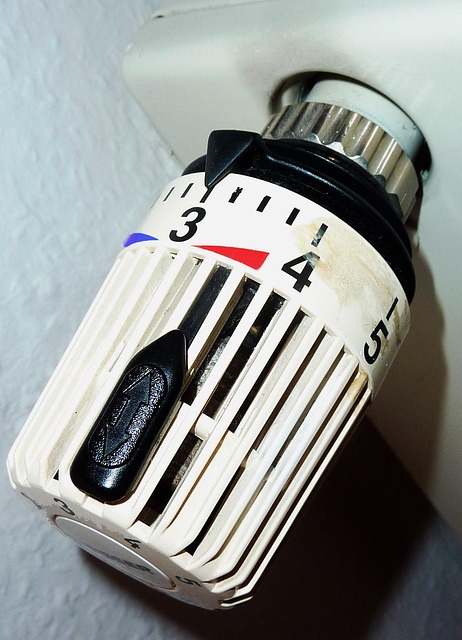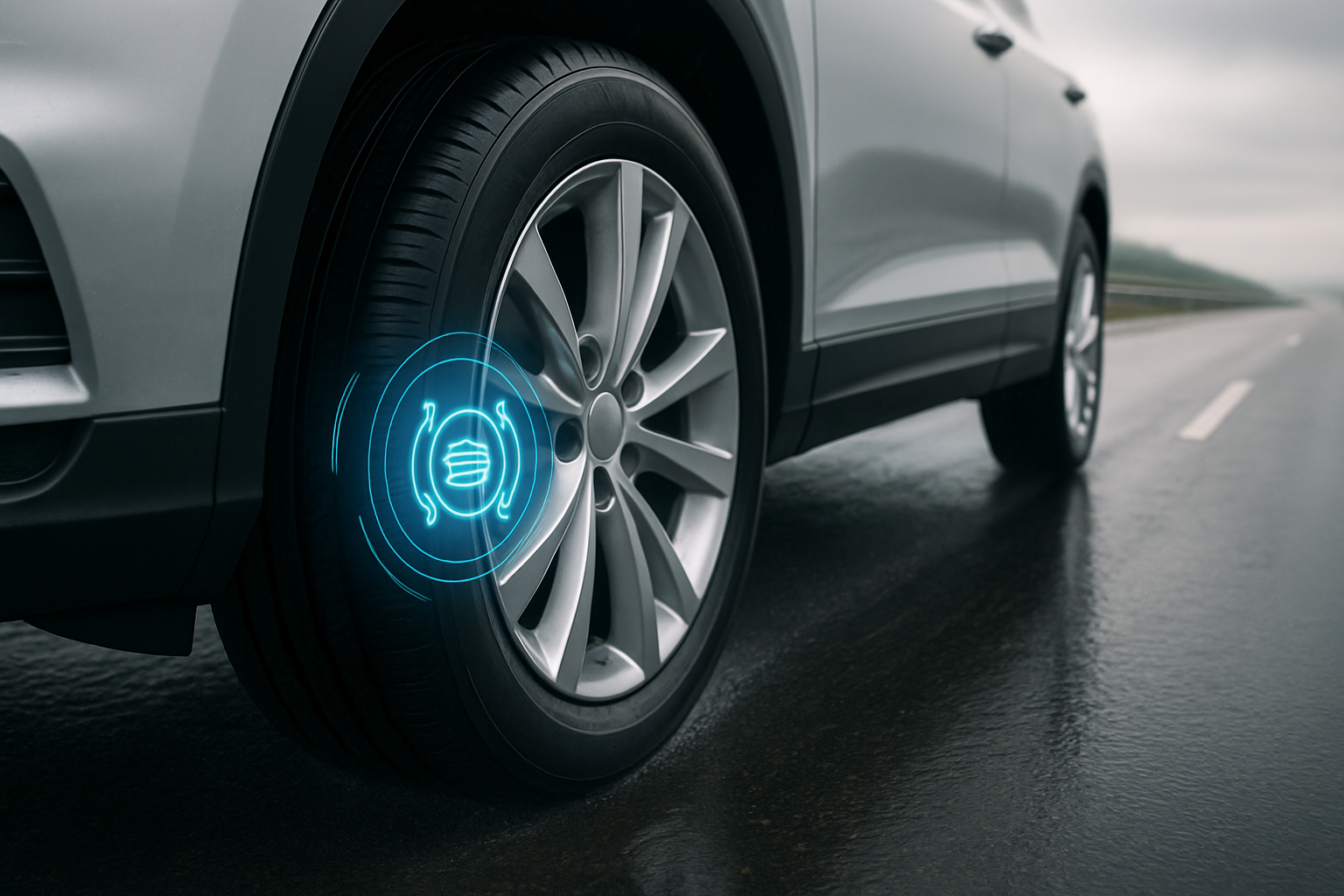Understanding Repossessed Cars: Risks, Benefits, and Buying Tips
When financial hardship strikes, many car owners face the challenging reality of vehicle repossession. Repossessed cars represent a unique market opportunity for budget-conscious buyers seeking affordable transportation. These vehicles, seized by lenders when owners default on loan payments, can offer significant savings for those willing to navigate the complexities of this specialized automotive marketplace.

What Are Repossessed Cars?
Repossessed cars are vehicles reclaimed by financial institutions or lenders when the original owner fails to make scheduled loan payments. The process typically begins after multiple missed payments, leading to the lender legally taking possession of the vehicle to recoup their financial losses. These cars are then sold through various channels, including auctions, dealerships, and online platforms, often at prices substantially lower than their market value.
Where to Find the Best Repossessed Car Deals
Locating repossessed cars requires strategic searching across multiple channels. Banks, credit unions, and financial institutions frequently sell these vehicles through:
-
Online auction websites
-
Local government auctions
-
Specialized repo car marketplaces
-
Credit union and bank websites
-
Dedicated repo car dealerships
Each platform offers unique advantages, with online auctions providing the broadest selection and potentially the most competitive pricing.
Understanding the Costs of Repossessed Vehicles
| Vehicle Condition | Average Price Range | Potential Savings |
|---|---|---|
| Good Condition | $5,000 - $15,000 | 20-40% below market |
| Moderate Wear | $3,000 - $10,000 | 30-50% below market |
| Needs Repairs | $1,500 - $5,000 | 50-70% below market |
Prices for repossessed cars can vary dramatically based on vehicle condition, age, and market demand. While these vehicles often present significant cost savings, buyers must factor in potential repair expenses and thorough inspection costs.
Prices, rates, or cost estimates mentioned in this article are based on the latest available information but may change over time. Independent research is advised before making financial decisions.
Risks of Buying Repossessed Cars
Purchasing a repossessed vehicle comes with inherent risks that potential buyers must carefully consider:
-
Limited or no vehicle history information
-
Potential mechanical issues
-
Possible previous owner damage
-
No warranty coverage
-
Complex purchase processes
-
Potential hidden repair costs
Comprehensive vehicle inspection and independent mechanical assessment are crucial before finalizing any purchase.
Key Buying Tips for Repossessed Vehicles
Successful repossessed car purchases require strategic approaches:
-
Research multiple sources and platforms
-
Get comprehensive vehicle history reports
-
Arrange professional mechanical inspections
-
Understand auction and purchase rules
-
Budget for potential repair costs
-
Compare prices across different platforms
-
Check financing options in advance
Conclusion
Repossessed cars can offer substantial savings for informed buyers willing to invest time in research and careful evaluation. While challenges exist, strategic approaches and thorough due diligence can help transform these vehicles into valuable, cost-effective transportation solutions.




